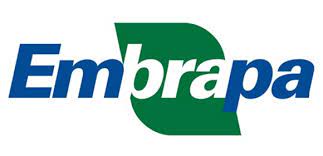URBAN SOLID WASTE MANAGEMENT AND ELECTRICITY GENERATION
DOI:
https://doi.org/10.47820/recima21.v2i2.95Keywords:
Waste management, Electricity production, Integrated resource managementAbstract
The objective of this theoretical study is to analyze the connections between solid urban waste and the generation of complementary electric energy for productive transformations. Brazil has great energy potential from solid waste and the alternative could increase the country's current supply by 50 million megawatt-hours per year, which represents more than 15% of the total currently available or about a quarter of what it generates the Itaipu hydroelectric plant. The methodology was based on bibliographic research on the topics of solid waste management, energy generation and connections between the use of solid waste and energy production. The study concludes that there are ample possibilities for using solid waste to generate complementary electricity. However, there is a need to produce indicators that best measure this use strategically and in favor of the sustainable development process.
Downloads
Downloads
Published
How to Cite
Issue
Section
Categories
License
Copyright (c) 2021 RECIMA21 - Revista Científica Multidisciplinar

This work is licensed under a Creative Commons Attribution 4.0 International License.
Os direitos autorais dos artigos/resenhas/TCCs publicados pertecem à revista RECIMA21, e seguem o padrão Creative Commons (CC BY 4.0), permitindo a cópia ou reprodução, desde que cite a fonte e respeite os direitos dos autores e contenham menção aos mesmos nos créditos. Toda e qualquer obra publicada na revista, seu conteúdo é de responsabilidade dos autores, cabendo a RECIMA21 apenas ser o veículo de divulgação, seguindo os padrões nacionais e internacionais de publicação.

 Clique para ver detalhes
Clique para ver detalhes 











